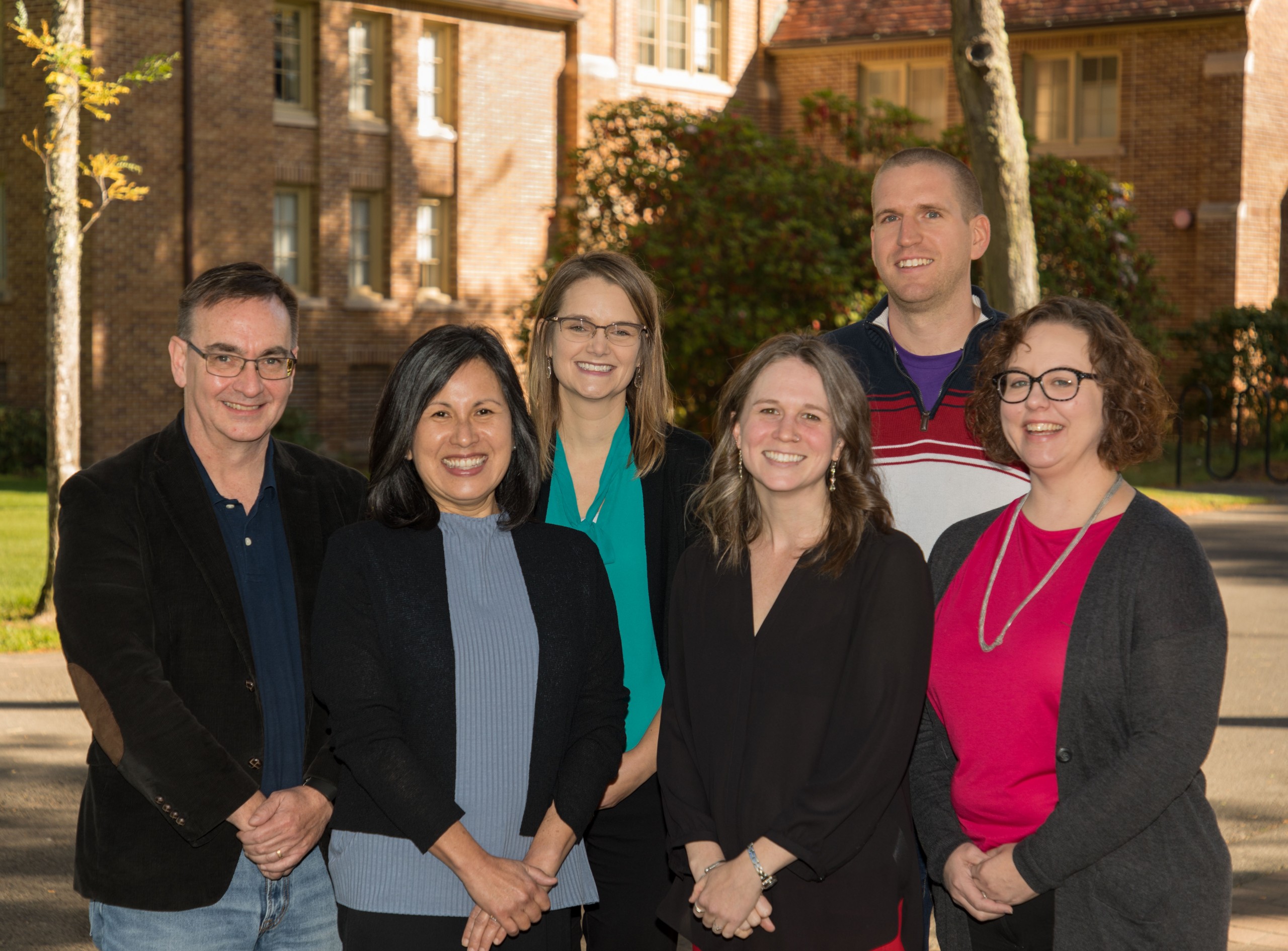PLU announces new major in criminal justice
By Zach Powers '10
Marketing & Communication
TACOMA, WASH. (April 11, 2020) — Pacific Lutheran University is announcing a new major in criminal justice. Officially launching in fall 2020, the new program is designed for students interested in a wide variety of career fields, including law, policing, corrections, and victim services and advocacy.
“PLU is known for being a service-focused institution,” says Provost Joanna Gregson. “We attract students who are enrolling in college with the specific goal of leveraging their education to positively impact their communities. The new criminal justice program will provide us with another excellent route to prepare our students to meet their goals and serve the public good.”
Faculty members say that the new program, which includes both a major and minor in criminal justice, grew out of a longstanding criminal justice track within the sociology major at PLU.
“Previously, students at PLU who were interested in careers in policing, law, corrections, and victim services majored in sociology and unofficially specialized in criminal justice by selecting existing courses such as Delinquency and Juvenile Justice, Deviance, and Criminal Justice to complete their sociology major,” explains professor Kate Luther, chair of the newly redesigned Department of Sociology and Criminal Justice.
“The new major in criminal justice formalizes these aspects of the existing sociology curriculum into a separate major, and will lead to the addition of new courses of particular interest to criminal justice students,” continued Luther.
Luther says that PLU’s sociology-based approach to criminal justice distinguishes it from other criminal justice programs in Washington state. “We believe it is important to study criminal justice through a sociological lens because it allows criminal justice students to examine the social and structural context that crime and the criminal justice system take place in,” she explains.
“Our curriculum will investigate theories of criminal offending, highlight inequalities in American society, and encourage students to think about how these inequalities impact victim and offender experiences.”
PLU criminal justice majors and minors will learn a wide variety of skills founded in academic methods, but designed for real-world application.
“Criminal justice students will graduate with a really valuable skill set and knowledge base,” says sociology and criminal justice professor Brian Pitman. “They are going to be able to utilize criminological research methods to collect and analyze data, integrate interdisciplinary ideas to develop nuanced perspectives on social and legal system issues, and critique social and economic systems that shape the criminal legal system.”
Pittman adds that the launch of the new program is timely. “Students who are coming to PLU today have grown up in a complicated era of digital surveillance, policing and war,” he says. “This major will give them the historical context as to why we live in such a state and will provide students with the tools to consider changing it.”
In addition to completing the thoughtfully curated classroom-based curriculum, criminal justice majors also will be required to apply their learning in the field by completing an internship. PLU has a long history of students interning at local criminal justice-related organizations and agencies.
“Our decision to require an internship reflects our department’s commitment to supporting students to apply classroom learning to their future career paths,” says Luther. “As a major with direct connections to criminal justice-related careers, we see the internship requirement as a way to help students gain work experience, network, and further discern their vocation.”
Program faculty expect that many criminal justice students will double major, combining their criminal justice studies with a second major that will enhance their potential service impact. Such double majors may include social work, Hispanic studies (Spanish), and psychology.
Citing local and national data, including a recent report outlining the current nationwide shortage of police officers, faculty members say PLU’s new criminal justice program will prepare students to enter a field eager to welcome a new generation of practitioners.
“Criminal justice is a major that our students have asked for, that our faculty members are well qualified to design and deliver, and that will produce discerning graduates who serve and lead throughout the Pacific Northwest and far beyond,” says Gregson.



